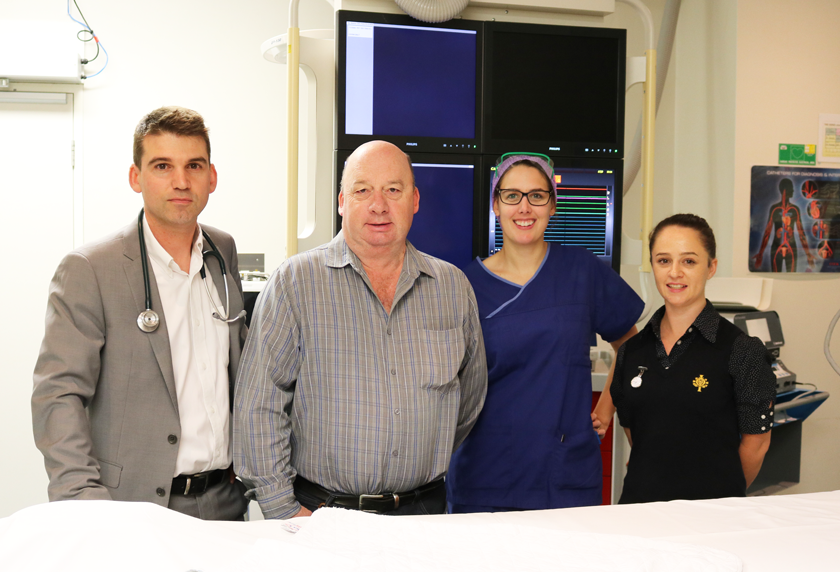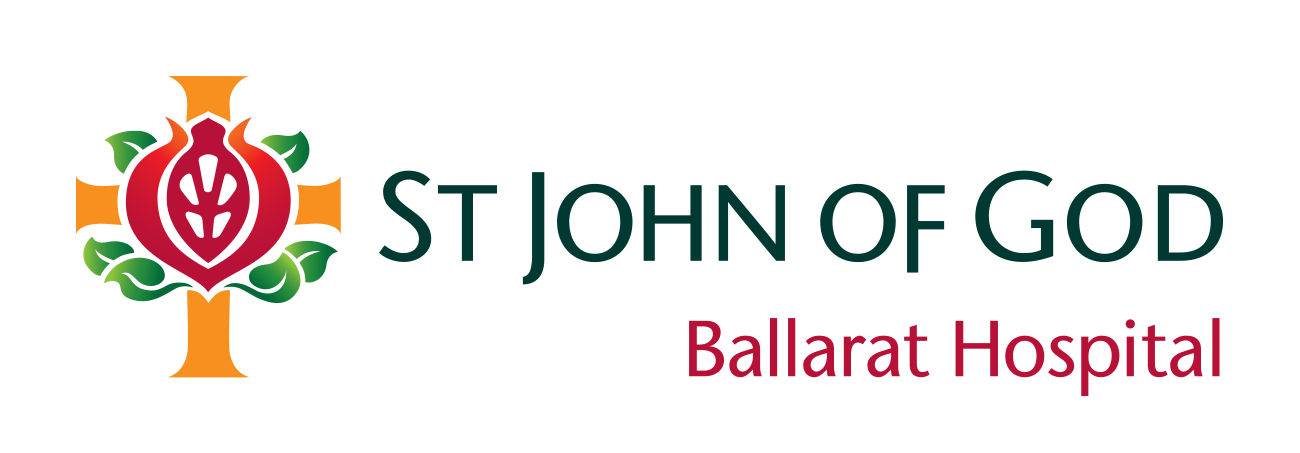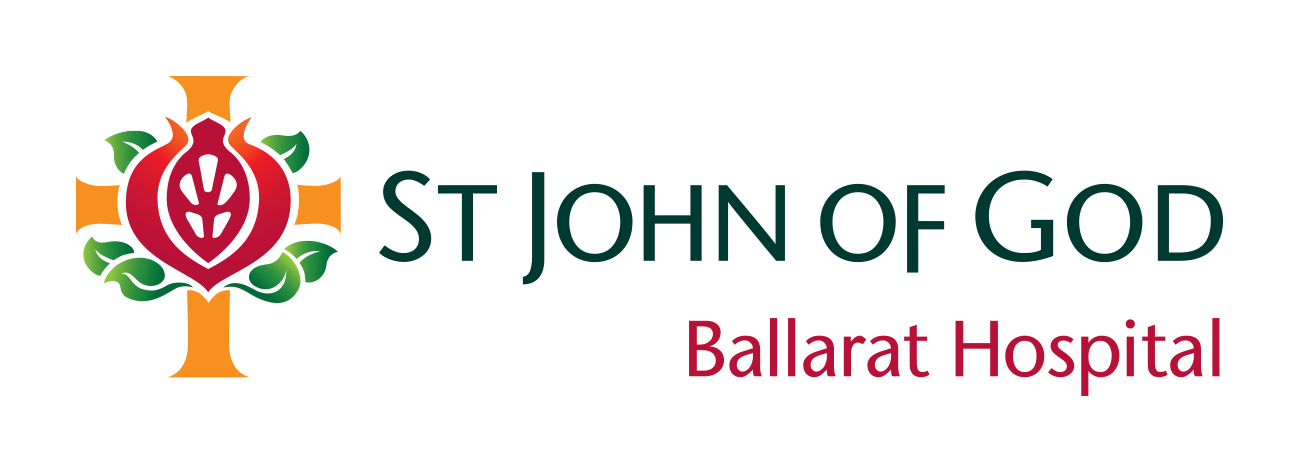Heart attack support
For more than a decade St John of God Ballarat Hospital's cardiac catheter laboratory has been saving the lives of heart attack patients.
27 Apr 2017

27 April 2017
In the 10 years the laboratory has been open it has seen 10,000 patients come through the door, 1400 of whom needed treatment for a blocked artery.
Twenty per cent of those patients were emergency cases who needed immediate attention.
Ballarat’s Colin Jones was one such heart attack victim.
After waking at 5am with shoulder pain the 59-year-old did not recognise the seriousness of his symptoms. He went back to sleep, but woke again at 10am with more pain, this time further down his back.
It was at that moment Mr Jones and his wife, Rhonda, made the decision to go to the hospital.
Mr Jones said his wife drove him straight to emergency.
“I was still talking but it felt like there was an elephant on my chest,” he said.
“Next thing I knew I woke up in hospital. At home the pain had started to travel down my back, I was getting nauseous and had cold sweats.”
Hospital staff performed a percutaneous coronary intervention to save Mr Jones, which involved inserting a stent into his blocked artery to clear it.
Because he had the heart attack on a Saturday staff were called into the hospital to help him. This included doctors, nurses and a radiographer.
St John of God cardiac catheter laboratory director Dr Chris Hengel said as soon as there has been 20 minutes of chest pain it was essential people called an ambulance to get to a hospital.
“If an artery is 100 per cent blocked that is a heart attack and it is time critical to get it unblocked,” he said.
“The average is three hours to come in with a heart attack. After three hours there is significant damage to the heart muscles.”
The chance of there being permanent damage increases dramatically after three hours.
This includes long-term debilities such as shortness of breath, medication and fatigue.
Dr Hengel said it was critical patients entered the hospital’s emergency department quickly, because every minute made a difference.
“We also say people should call an ambulance rather than driving while they are having a heart attack,” he said.
The state benchmark for dealing with heart attacks is 90 minutes, but St John of God Hospital averages 30 minutes.
This is measured from when patients enter emergency to when they are on an operating table.
Mr Jones’ early response and the fast acting staff left him able to quickly recover.
Image caption: St John of God Hospital cardiac catheter laboratory director Dr Chris Hengel, patient Colin Jones and nurses Janna Mayall and April Scanlon. The staff helped Mr Jones during a heart attack.
The story first appeared in The Ballarat Courier 20 April 2017 by Jeremy Venosta.
